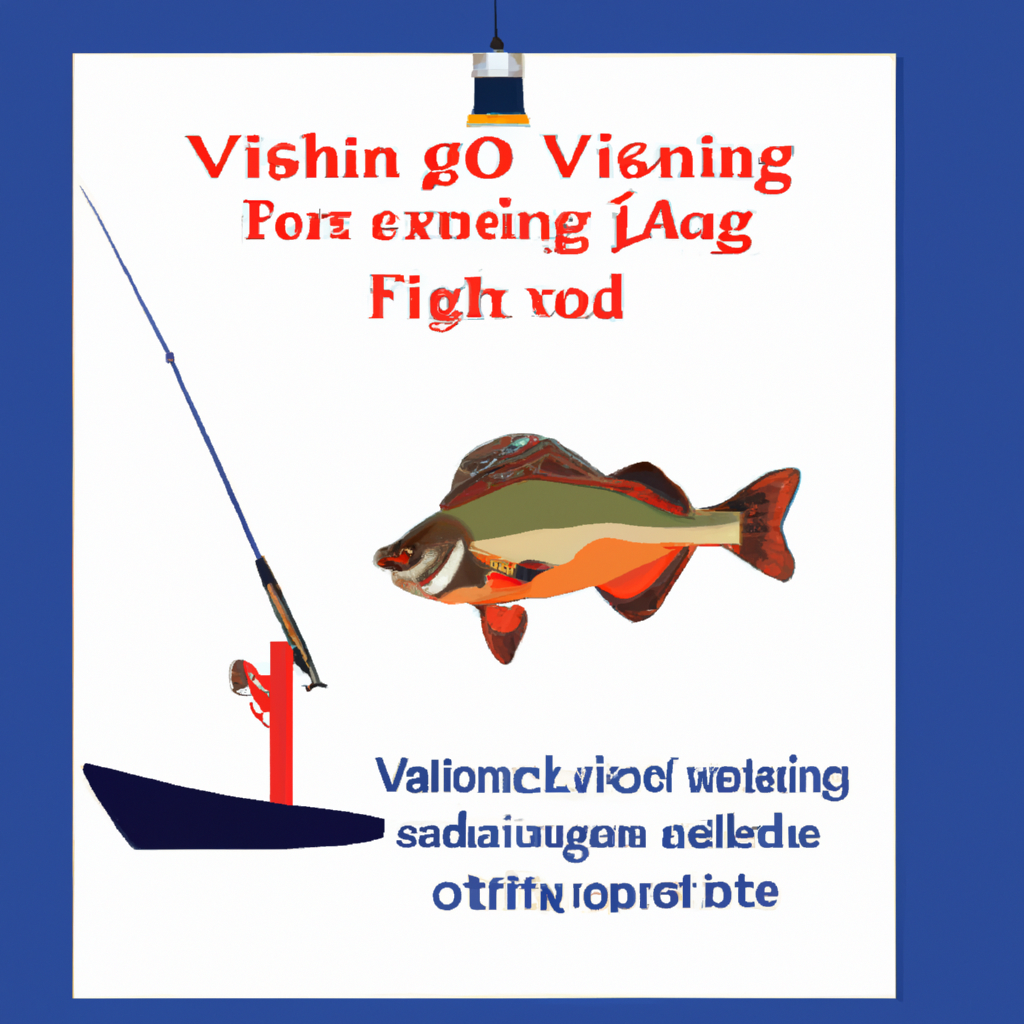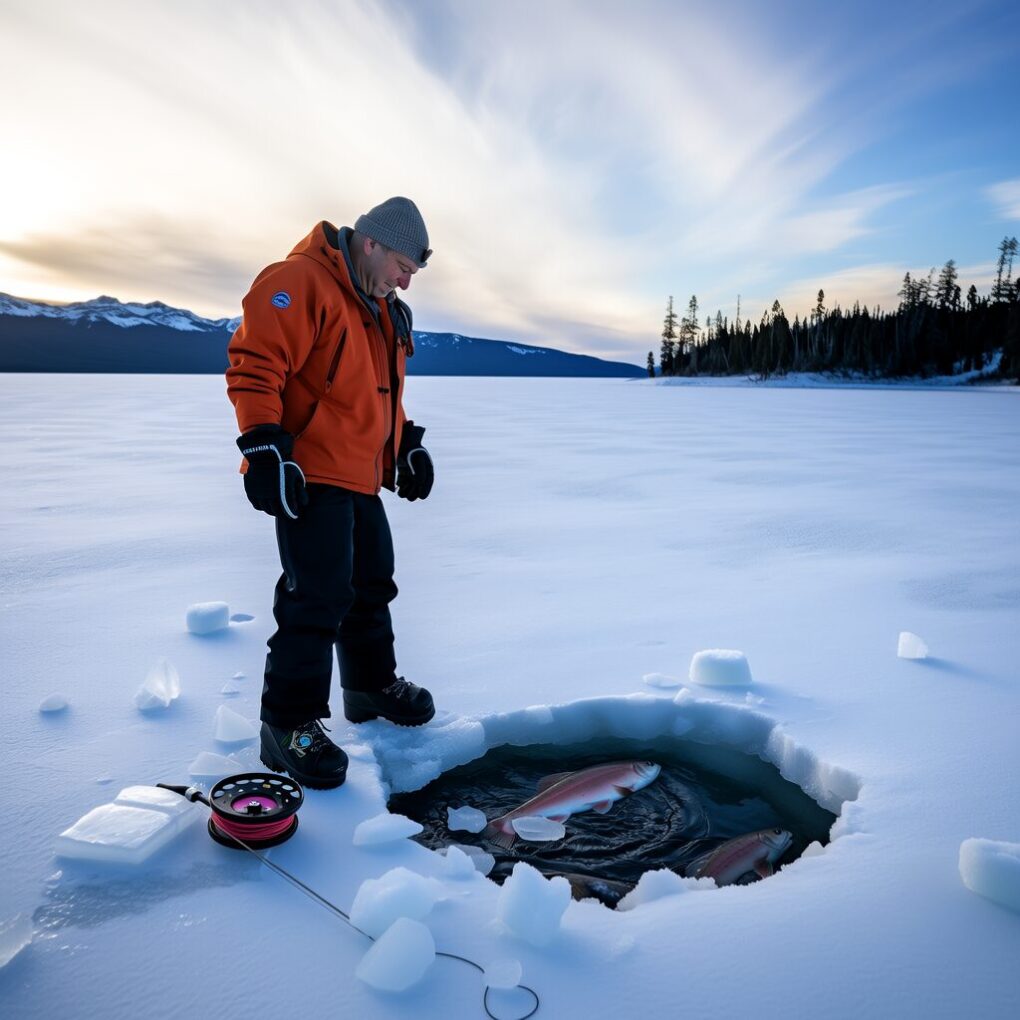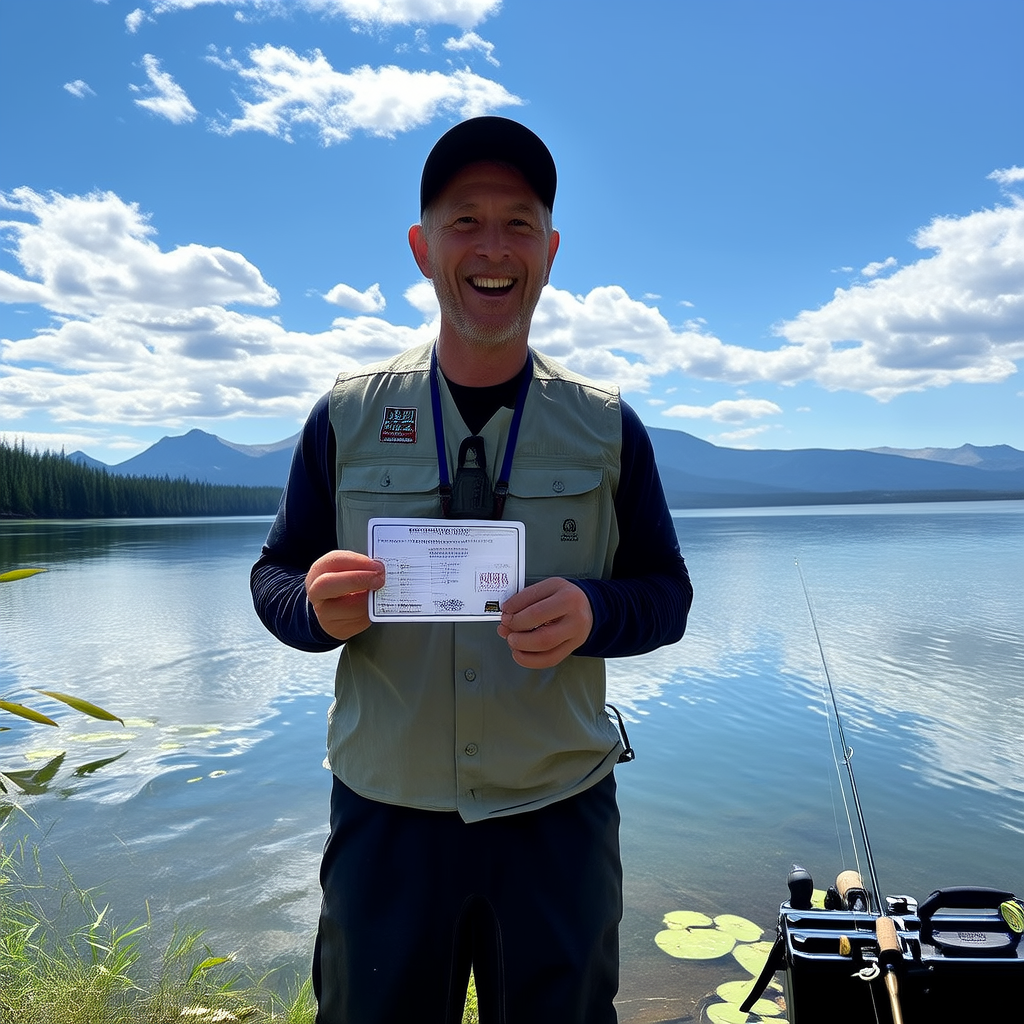Introduction to Virginia Saltwater Fishing License
Anyone who wants to fish in Virginia’s saltwater must have a Virginia Saltwater Fishing License. This license is issued to you by the Virginia Marine Resources Commission, which is responsible for managing and conserving marine resources within the state.
Why is a Saltwater Fishing License required?
The purpose of requiring saltwater fishing permits is to regulate and manage saltwater fishing in the state. It is used to collect data on fishing activities, assess the health of fish populations and ensure sustainable fishing practices. The revenue generated by these licenses are also used to fund resource conservation and enhancement initiatives.
How to apply for a Virginia Saltwater Fishing License
You can apply for a Virginia Saltwater Fishing License by visiting the VMRC’s website or by visiting any licensed license sales agent. The application process is simple and requires that you provide personal information, pay a fee, and agree to follow the fishing regulations set forth by the VMRC.
Step 1: Personal Information
You must provide your full name, complete address, contact details, and proof of Virginia residency when applying for a license to fish in saltwater. Non-residents can also apply, however they will have to pay different fees.
Step 2: Fee Payment
The cost of a Virginia Saltwater Fishing License can vary depending on factors like residency, duration and type of license. The fees collected contribute to the administrative costs and conservation expenses of VMRC. Check the current fee structure prior to making payment.
Step 3: Understanding the Fishing Regulations
It is important to become familiar with Virginia’s fishing regulations before obtaining a license. These regulations include size limits and catch restrictions, seasons, equipment restrictions, and specific fishing areas. These guidelines are crucial to the sustainable management of the marine resources in the state.
Step 4: Delivery of License
You will receive your fishing permit by mail once your application has been processed and approved. It is important that you carry your physical fishing license with you when fishing and show it to law enforcement officials upon request. You can also choose to have an electronic version.
Frequently Asked questions about Virginia Saltwater Fishing License
Who needs a Virginia Saltwater Fishing License
Anyone 16 years of age or older who wants to fish in Virginia’s tidewaters must have a valid fishing permit.
2. Can non-residents fish Virginia’s saltwater waters without a fishing license?
Non-residents must also hold a Virginia Saltwater Fishing License in order to fish the tidal water of the state. Non-residents pay different fees than residents.
3. What are the different types Virginia Saltwater Fishing Licenses available?
Virginia offers a variety of saltwater fishing permits, including lifetime, short-term, non-resident, and individual licenses. VMRC’s website lists the specific license types, along with their associated fees.
4. Is there an exemption to the license requirement for saltwater fishing?
Some individuals are exempted from having a saltwater license. This includes those who fish from a licensed public pier, those who fish on a boat that is managed by a charter captain, as well as individuals with disabilities, who have a Virginia Disabled Resident lifetime fishing license.
Benefits of having a Virginia Saltwater Fishing License
1. Legal Compliance
By obtaining a valid license for saltwater fishing, you can ensure that you comply with the fishing regulations of your state, preventing any legal complications in your fishing activities.
2. Resource Conservation
The money generated from the sale of licenses is used to fund various conservation and enhancement initiatives, ensuring sustainable management of Virginia’s marine resources for future generation.
3. Data Collection and Research
License holders play a vital role in the data collection effort. Anglers who report their catches contribute to valuable research about fish populations, distribution and the overall health of the marine eco-system.
4. Recreational Opportunities
A fishing license allows you to enjoy a variety of recreational activities in Virginia’s saltwater lakes. You can discover different fishing spots, catch different species and enjoy the joy of angling on beautiful coastal settings.
Fishing Regulations in Virginia and Conservation Measures
Size and Catch Limits
The VMRC sets size and catch limits on different fish species in order to ensure sustainable fishing. Anglers are encouraged to familiarize themselves with the limits and to ensure that undersized fish are properly measured and released.
Seasonal Restrictions
Virginia has set specific fishing seasons to protect reproductive cycles and promote population growth. To comply with regulations, it is important to stay up to date on the current fishing season.
Gear Restrictions
To avoid overfishing and harm to marine habitats, certain fishing gears can be restricted to certain areas or seasons. It is vital to follow these restrictions on fishing gear to avoid any negative impact on fish and their habitats.
Fishing Area Restrictions
Virginia has designated marine sanctuaries and fishing areas where fishing is either prohibited, or there are specific regulations in place. Anglers need to be aware of these areas, and they should respect the restrictions in order to protect sensitive habitats.
Tips for a Successful Saltwater Fishing Experience In Virginia
1. Research fishing spots
Research the best saltwater fishing spots in Virginia. Local fishing forums, magazines or experienced anglers are great sources of information about productive fishing spots.
2. Select the Right Time
Understanding fish behavior and tidal patterns can increase your chances of a successful fishing trip. Plan your fishing trips for times when fish are active, such at sunrise, sunset or tidal change.
3. Use the right fishing gear
Make sure you have the right fishing equipment and tackle for the species you are targeting. Selecting the right rods and reels, baits, and lines for saltwater fishing is important.
4. Keep up to date with Fishing Regulations
Check the VMRC website regularly or consult local fishing authorities to keep up-to-date on any changes in fishing rules. Compliance is essential for the sustainable management and growth of fish populations.
5. Respect the Environment
Leave no trace when you fish responsibly. Avoid damaging marine habitats and release unwanted or undersized catch gently.
In conclusion
Virginia Saltwater Fishing Licenses are required for anyone who wants to engage in saltwater fishing in Virginia‘s tidewaters. This license will ensure that you are in compliance with the law, contribute to conservation efforts and allow you to enjoy recreational fishing within one of the most beautiful and diverse coastal regions. Be sure to keep up-to-date on fishing regulations, respect the marine environment, and practice responsible fishing.




